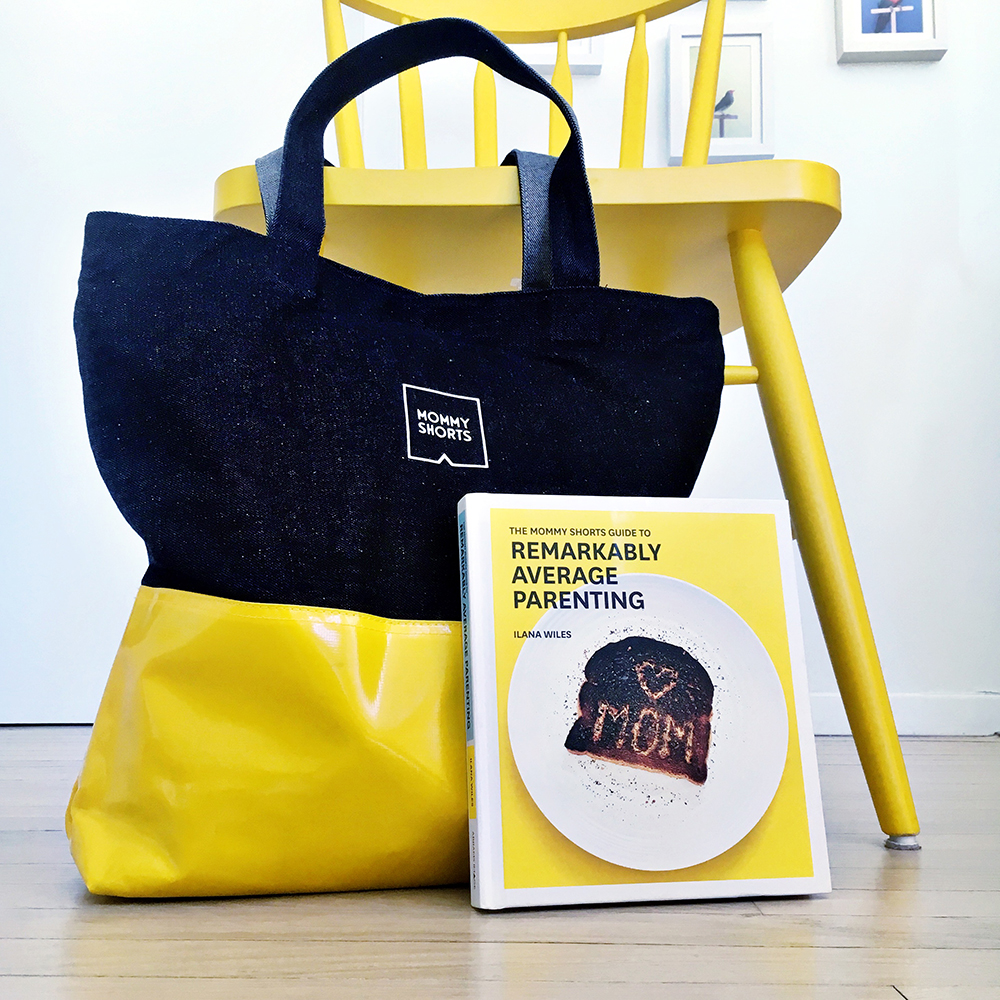This post was written by Karen Akpan of The Mom Trotter.
The past several months have seen their share of turmoil. From the killings of George Floyd, Breonna Taylor, Ahmauh Arbery, Elijah McClain and more to the resulting protests. Not to mention a president who is less than supportive of the Black Lives Matter movement. All of this together has tensions heightened.
I’ve seen so many people out there raising their voices against injustice. I love to see that. As a Black woman in America who is married to a Black man and raising a Black son, the Black Lives Matter movement is very important to me. It is about more than police brutality. It’s about a system that has been setup to hold Black people down for over 400 years. It’s about “Systemic Racism,” and I’m glad that people of all colors are finally starting to see that and make an effort to understand it.
As a mother, I think the most important tool for change is the next generation. Our children are the future, and raising anti-racist kids is the single most powerful way to change the way our country views race. When parents become allies, things can really start to change from the ground up.
What is an ally?
An ally is someone who stands with another. They are prepared to take action and help. An advocate is someone who speaks for another. They are the people who convey the message of a group. Black America desperately needs allies, not advocates. We have always advocated for ourselves, but what we haven’t had are true allies to help change the system as a whole. Allied parents stand against racism, and take action by teaching their kids to stand against racism as well.
7 Actionable Ways to Raise Anti-Racist Kids
1) Recognize White Privilege is Real
Perhaps the most important part of raising anti-racist children is teaching them the reality of White Privilege. Explain to them that being born White, no matter where they are in life, immediately gives them advantages that people of color don’t have. It’s not something to feel bad about; it’s just being aware that it’s the reality. After all, when you think about it, we all have some form of privilege.
2) Teach Them to See Color
Many White people say, “We don’t see color,” and while I understand the sentiment behind the statement, it’s actually a step backward in the fight against racism. People are not the same. It’s not about teaching children how to ignore color, but rather to embrace it as different, unique, and beautiful.
3) Acknowledge Implicit Bias
Implicit bias refers to the stereotypes we have in our head, that affect our opinions and actions, often in an unconscious manner. Acknowledging implicit bias is the first step in fighting those stereotypes and often means taking a deep critical look at ourselves. The knee-jerk reaction among most people (especially well-meaning people) is to deny their own implicit bias, but we all have it, no matter our color. It is an allied parent’s job to recognize our own biases, so that we can overcome them and teach our children to do the same.
4) Talk About Race
Children learn the most about life from their parents, so if you want to raise anti-racist kids, you must have specific conversations about race. Talk to them about racial differences in all aspects— skin color, culture, daily interaction with the world, discrimination and so on. These conversations help parents raise children into adults who see and appreciate people who are different from them.
5) Let Kids Be Curious
I have seen so many white parents shush their kids when they ask questions like, “Why is her skin so dark?” This is a prime example of implicit bias. You are assuming that if your child asks a question like this, they are viewing dark skin as bad and you’ll be viewed as racist. However, kids are kids. They’re curious, not malicious. If your child asks that question, explain to them that Black people have more melanin in their skin. Simply give them the information. We need allies, and allies educate others, including their own children.
6) Be Aware Of What You Consume
As parents, we should be aware of the music we listen to, the movies we watch, the people we look up to and more. If you can diversify what you consume, this will help you become a better ally, as it’ll force you to look at things from a different viewpoint. Likewise for the media your kids consume. Make sure that the books they read and the shows they watch feature diverse characters and perspectives, which helps teach our kids empathy.
7) Be a Role Model
Children learn what they live, so be sure that they live in a home that is open and honest about race and firmly against racism. Be a parent who is always ready to talk about racial differences and similarities, acknowledge White privilege and black oppression, and work to combat stereotypes and biases. Raise children who see color for what it is— part of the beauty of diversity. Raise them to always be curious about other cultures. Raise them to recognize racism and stand up for someone being bullied or harassed for the color of their skin.
When you combine the approaches above with a solid anti-racism foundation on which your kids can build, then you become a key building block for real change in this upcoming generation. I hope I can count on you to be the change that we need.
————
Karen, aka The Mom Trotter, lives with her husband and son full time in an RV. She writes about traveling on a budget, homeschooling and the specific issues that parents face while traveling with children of color. You can learn more about her beautiful family by following @themomtrotter on Instagram.



























Thank you for writing this post. This is very helpful information.
Thank you to both Karen and Illana for posting an actionable list of things I can actually do instead of “be an ally.”